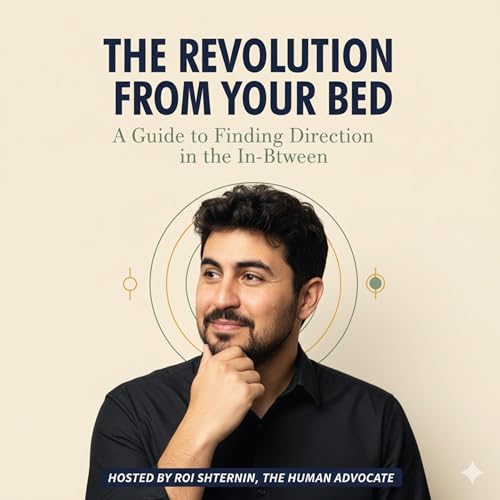We often feel like subjects in our own lives—navigated, tested, and surveyed. We all know that email that arrives after a medical appointment: "How did we do?" We fill out the survey, wondering if our patient feedback truly matters.
Today, let's reframe that question. Your feedback isn't just feedback; it's evidence. It's a crucial part of a growing field known as patient experience data, and it's the key to real patient empowerment.
Beyond the 1-10 Scale: What is Patient Data?
When we think of data, we think of lab results and pain scales. But the most vital patient-reported outcomes (PROs) go far beyond numbers. Real data is the full story of your quality of life. It’s the data point of a waiting room chair being too hard for your back pain. It's the data point of feeling rushed during a consultation. It's the data point of the relief you feel when a doctor finally validates your experience.
This qualitative data paints a picture that numbers alone cannot. It measures dignity, feasibility, and compassion within the healthcare system.
From Anecdote to Evidence: Driving Systemic Change
Your individual story is powerful, but when combined with hundreds of others, it becomes undeniable proof. This collective patient voice is what drives systemic change. It’s how patient advocacy groups can demonstrate the need for better communication protocols, more accessible clinic layouts, or a re-evaluation of a treatment's real-world side effects. Your experience helps build the business case for more compassionate and effective care.
Your Self-Advocacy Toolkit: Better Healthcare Communication
Improving the quality of patient experience data begins with us. True patient engagement means actively participating in our own care. Here are two simple strategies for effective self-advocacy:
* The 30-Second Debrief: After every appointment, take a moment to note one thing that went well and one thing that could have been better. This simple form of symptom tracking and experience logging builds a powerful evidence file over time, making your healthcare communication more precise.
* Translate Symptoms into Impact: This is key for shared decision-making. Instead of just saying, "My fatigue is bad," translate it into a functional data point. Say, "My fatigue is so severe that I must choose between taking a shower or making breakfast." This transforms a subjective feeling into a concrete piece of evidence about your quality of life.
Your journey with a chronic illness has made you an expert. By consciously documenting and communicating your experience, you shift from being a passive patient to an active research partner in your own care. Your experience is not a byproduct of your illness; it is the evidence that will build a better future for all of us.
Learn more about it in my book “What do Patients Want”.
This is a public episode. If you would like to discuss this with other subscribers or get access to bonus episodes, visit roishternin.substack.com
This is a public episode. If you would like to discuss this with other subscribers or get access to bonus episodes, visit roishternin.substack.com
 30 mins
30 mins Oct 17 20251 hr and 17 mins
Oct 17 20251 hr and 17 mins 14 mins
14 mins Oct 15 202517 mins
Oct 15 202517 mins 25 mins
25 mins Sep 12 202521 mins
Sep 12 202521 mins Jul 18 202511 mins
Jul 18 202511 mins Jul 10 20255 mins
Jul 10 20255 mins
